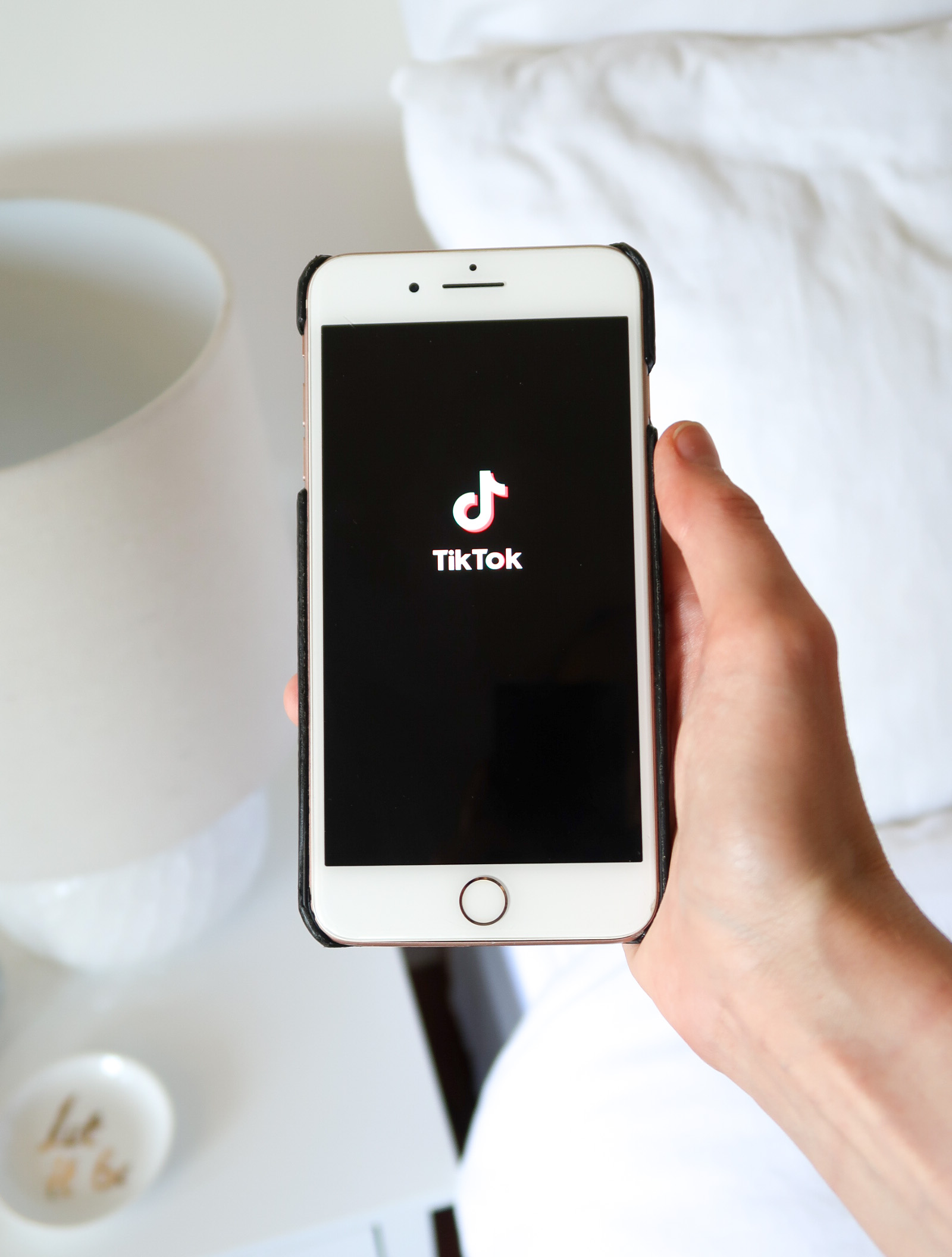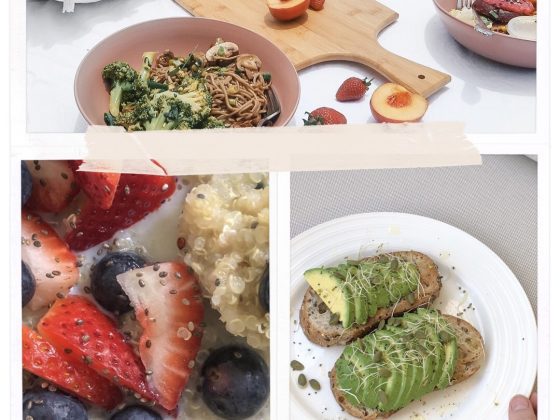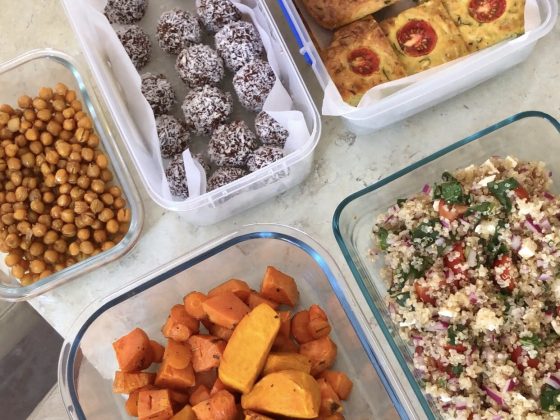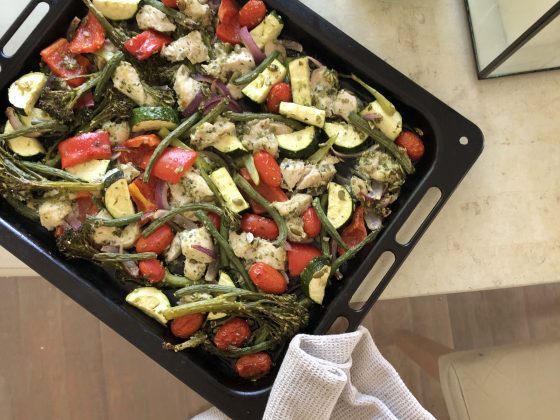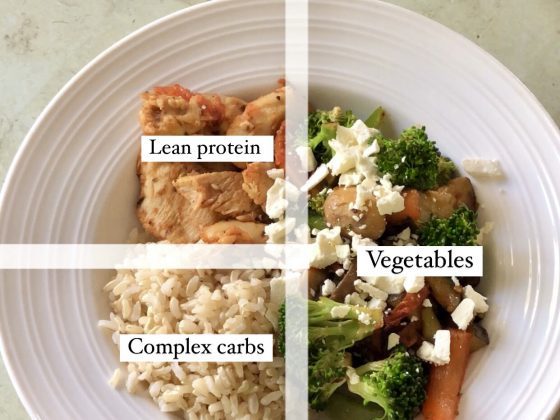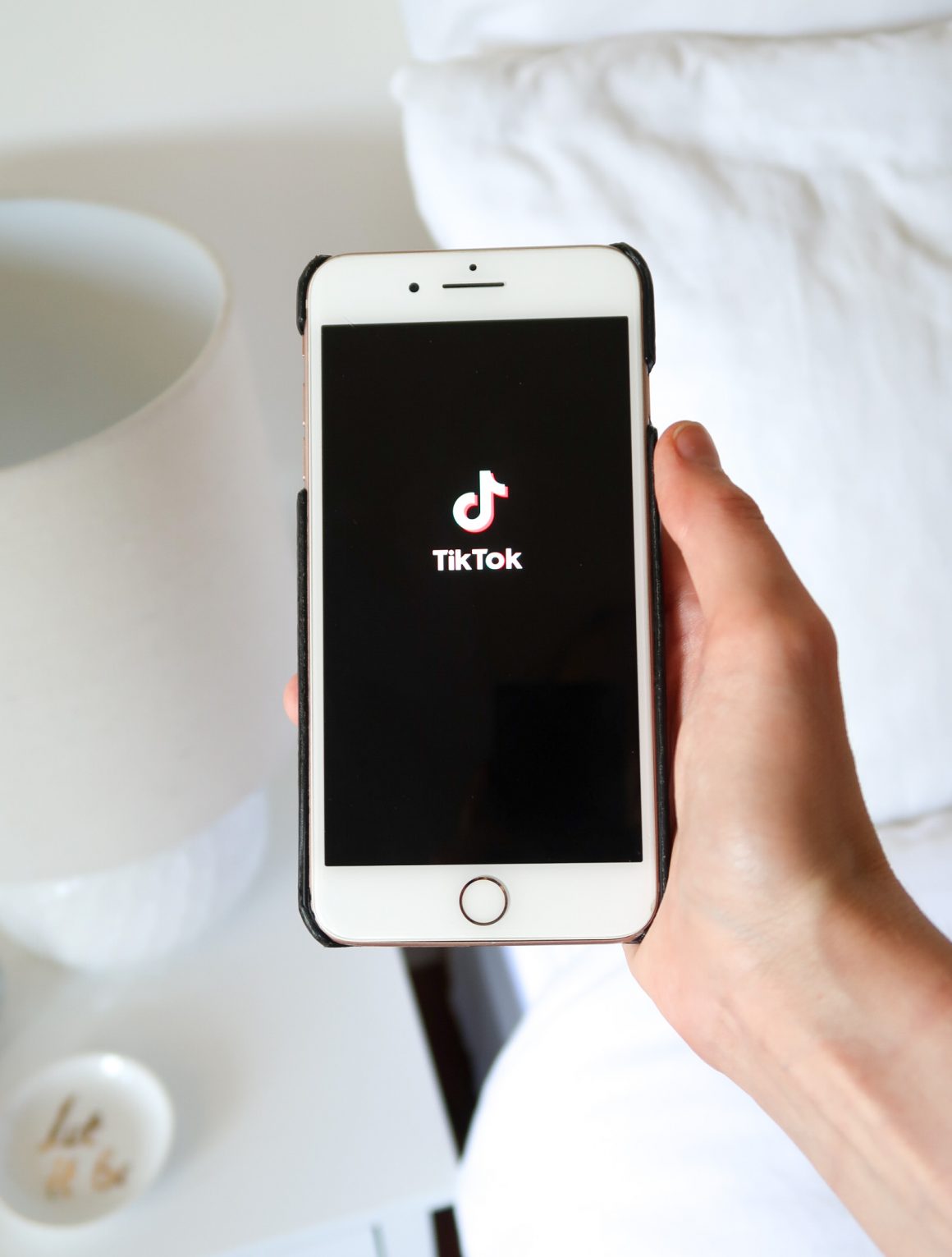
TikTok has taken me to a lot of places, everything from ‘cleantok’ to ‘dracotok’. But its latest viral sensation is ‘guttok’, a corner of TikTok dedicated to all things gut health. As I write this, ‘guttok’ is now up to a staggering 659.6M views. With this sudden rise of popularity, people undoubtedly have a lot of questions.
So, today we’re going to delve inside the world of #guttok and look at what science has to say.
What exactly is the ‘gut’?
Let’s start right at the beginning, what even is the ‘gut’?
Your gut is your gastrointestinal (GI) system, and it is responsible for digesting the food you eat.
Within the gut you also have the ‘gut microbiome’ (often used interchangeably, with ‘gut microbiota’). The gut microbiome is made up of the trillions of microorganisms and their genetic material that live in your intestinal tract. These microorganisms, mainly comprising bacteria, play a role in digesting the food you eat, as well as helping to absorb and synthesise nutrients. Research shows that an abundance and diversity of microorganisms is associated with good health and a reduced incidence of chronic disease.
Gut health relates to the functioning of your entire gastrointestinal tract, including the gut microbiome within it.
Do I need to be worried about my gut?
Whilst I love that gut health is getting some time in the spotlight, I think we need to put things into context first.
Information shared on TikTok is unregulated, and yes, that includes health-related videos. Meaning, anyone can share nutrition advice, regardless of whether they have nutrition/dietetic qualifications. This results in videos that lack scientific backing and contain incorrect, and potentially harmful, suggestions.
What’s more, is that videos within #guttok, tend to feature vague and generalised symptoms, as well as fear mongering. Two factors that perhaps contribute to the virality of many of these videos.
According to TikTok, an unhealthy gut can bring on symptoms from bloating to poor memory. However, without the context of an individual’s dietary intake and medical history, it’s hard to say what the root cause is. Many of these symptoms can be either normal bodily functions, or symptoms that have a handful of other potential causes which can only be determined by a health professional. Take bloating, for example. Occasional bloating can be part of normal digestion, particularly after a heavy meal. It can also be due to wearing tight clothing, lack of movement, or eating too quickly. If persistent, it could even be indicative of Coeliac Disease or Irritable Bowel Syndrome.
So, do you need to be worried about your gut? No, not because TikTok told you so.
TikTok doesn’t know your individual needs or medical history. Yes, gut health is important and learning to support our gut can bring health benefits, but it isn’t something you need to be concerned over.
You should only be concerned about your gut if you’re experiencing persistent digestive issues. In which case, visit your doctor to determine the cause and rule out gut-related conditions, such as Coeliac Disease or Inflammatory Bowel Disease (IBD).
How can I tell if my gut is healthy?
Unfortunately we don’t have concrete measure to determine the health of our gut. And when it comes to our gut microbiome, research is still undecided as to what a healthy microbiome even looks like. Each one of us has a completely unique gut microbiome and because of this, what a healthy gut microbiome looks like could be different for each one of us. Therefore, we can look to the following as a general guide:
- Absence of disease
- Effective digestion and absorption of food
- Digestive comfort
- Functioning immune system
What affects gut health?
Our gut microbiome is incredibly responsive to what’s going on in our bodies. As such, things like foods, exercise, sleep, stress, and medications can all have an affect on our gut health.
The good news is that our gut is also very resilient and adaptable. Poor gut health or damage is rarely permanent! And what’s more, nutrition is one of the quickest and easiest ways to positively influence our gut microbiome.
What can I do to support my gut?
Whilst ‘guttok’ videos often suggest anecdotal tonics and foods, I highly recommend prioritising a more well-rounded, evidence-based approach. Here are some tips to help you get started on supporting your gut and helping it do its job efficiently.
- Eat a variety of plant foods. Research indicates that eating a variety of plants foods promotes a diverse gut microbiome, which is associated with good health (1). Think vegetables, fruits, wholegrains, legumes, nuts and seeds. These foods also contain fibre which helps to promote bowel regularity. More on this in an upcoming blog post!
- Include prebiotics and probiotics. Both work together to nourish your gut microbiome. Probiotics are the “good” bacteria that help populate the gut and improve the balance in the gut microbiome. Whereas, prebiotics are a form of dietary fibre that feed the “good” bacteria in your gut. Include more prebiotics in your day by eating more fruits, vegetables and wholegrains. Particularly good sources include bananas, onions, garlic, leeks, asparagus, artichokes, beans and wholegrain foods.
- Stay hydrated. Similar to fibre, water helps to keep things running smoothly!
- Exercise regularly. Over time regular exercise can strengthen your digestive tract and may lead to positive effects on gut microbial diversity (2).
I hope after this post you have a better understanding on the gut and how to support it, without the unnecessary fear and worry. If you have any other questions leave them in the comments below 🙂
Sources:
